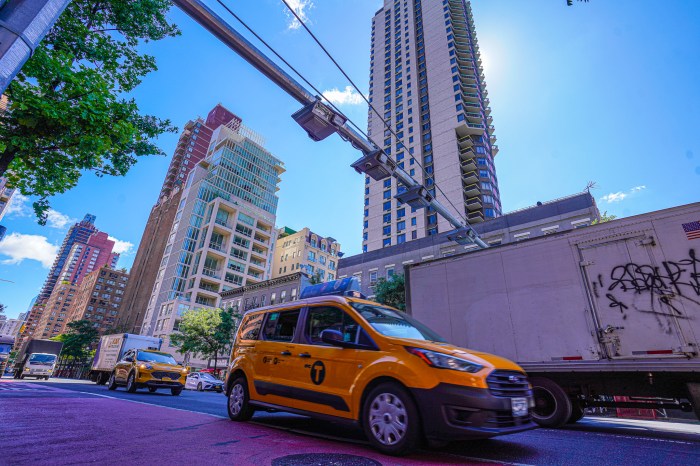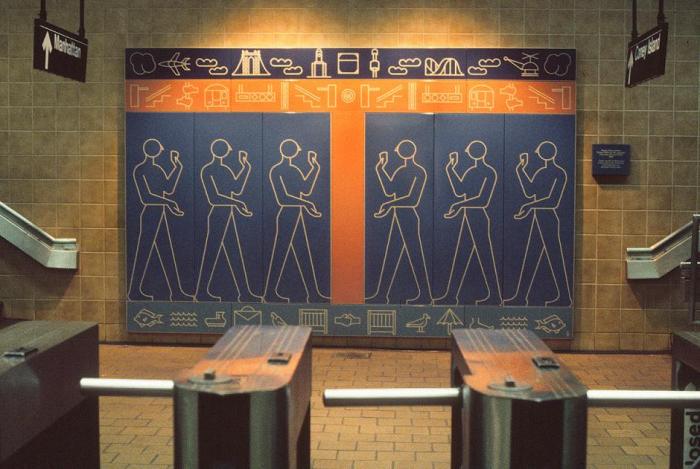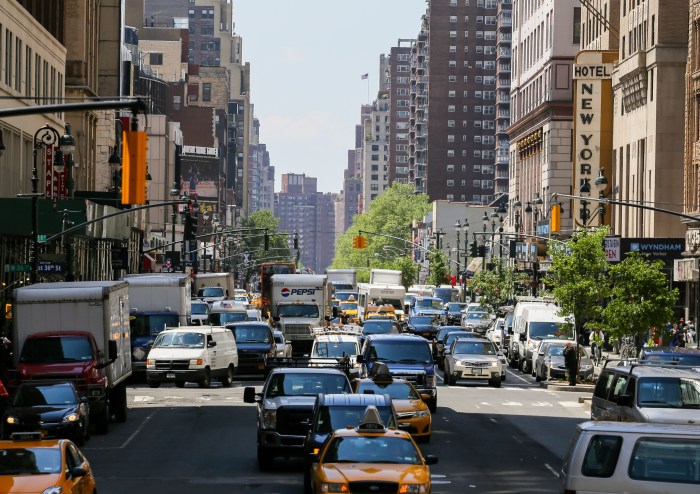
A Bronx councilman wants to institute a donation system help out low-income commuters pay for their ever-increasing MetroCard fares.
Councilman Fernando Cabrera introduced a resolution in the City Council last week that would call for the MTA to create the infrastructure that would allow for MetroCard purchasers to make voluntary monetary contributions to a fund for low-income New Yorkers in need of swipes. It also requests for the authority to create a strategy to collect unused MetroCards to distribute to those cash-strapped riders.
“Public transit fare has increased three times since 2009, causing low income New Yorkers to spend more of their family budget on transit expenses,” said Cabrera in an emailed statement. “Currently there are no programs to help poor New Yorkers with public transit costs.”
Transit advocates have long fought for reduced fares for poor New Yorkers. Most recently, the Riders Alliance and the Community Service Society teamed up for a joint report this April, highlighting inequities in the MTA’s current fare structure and the financial burden the cost of commuting has on low-income families.
As it stands, those who can afford a monthly MetroCard upfront see the biggest fare discount—leaving money-saving policies out of the reach of poorer riders, advocates say.
“What we’re seeing is that one out of four low-income New Yorkers are often unable to afford subway and bus fares now,” said Nancy Rankin, vice president for policy research and advocacy at CSS. “And that’s really influencing their ability to get ahead economically and literally get ahead to their jobs, schools and medical appointments.”
The resolution comes as the MTA prepares to raise its fares again in 2017.
Danna Dennis, a home health aide and aspiring plumber from Crown Heights, says juggling her bills with the cost of commuting to school and work—both full-time responsibilities—has left her with empty pockets on several occasions.
“I can barely make $2.75,” said Dennis, a Riders Alliance member. “I just don’t see how the fare is going to be raised—justify the means, if you’re raising the fare than improve service…For the majority of the people in my community, commuting is a struggle. Just sit on a bus at watch how many people have to tell a story to get on.”
Rankin said she appreciated the thought of Cabrera’s resolution, but both her and Dennis said that a systemic discount, not one based on charity, would be optimal.
Kevin Ortiz, an MTA spokesman, said in an email the MTA will “look at all fare media ideas during our next round of fare adjustments slated for next year.”
































